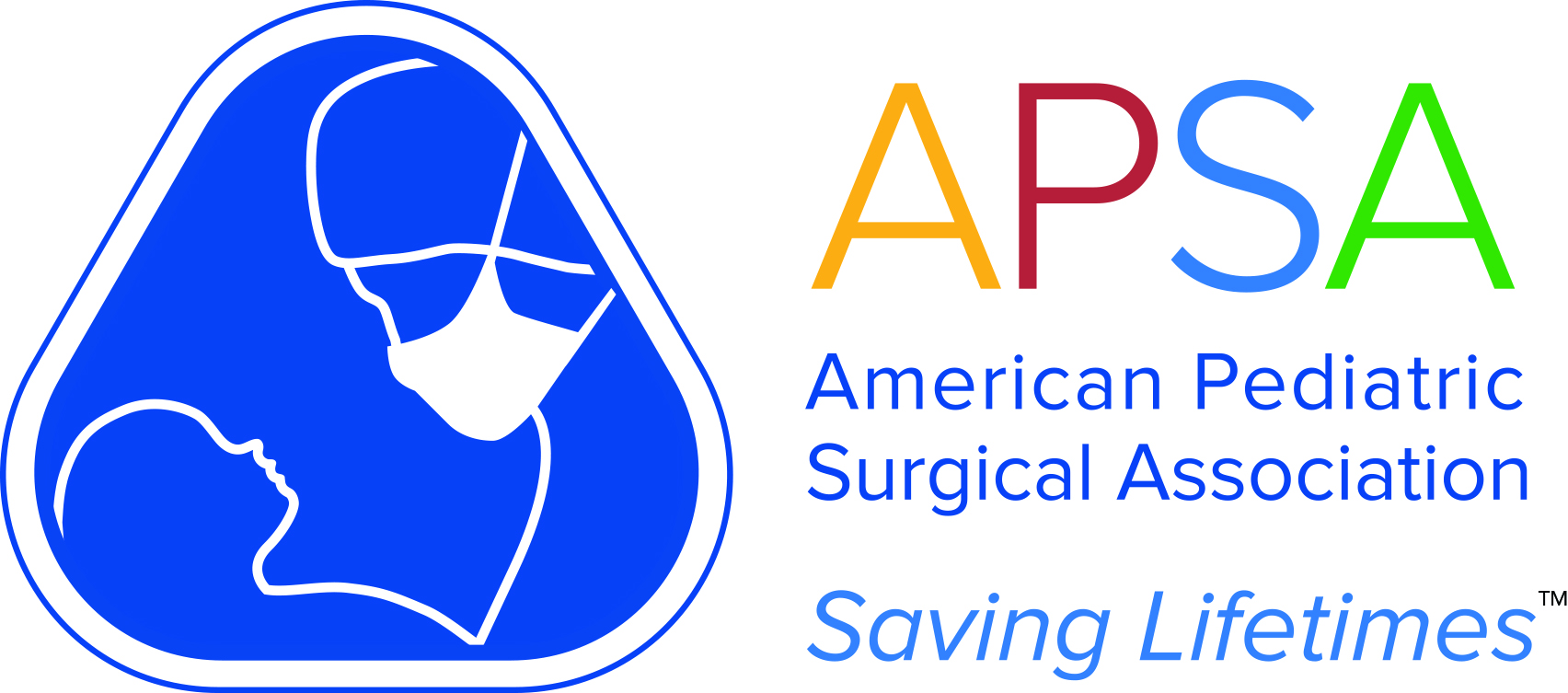MULTICULTURALISM
Stanislav is an 18-month-old boy who presented with abdominal distension for 2-3 months. On ultrasound he was found to have a large central lesion in his liver consistent with hepatoblastoma. On further work up he was found to have an AFP of 7500. Percutaneous biopsy confirmed the diagnosis of hepatoblastoma fetal type. Review of CT reveals a 14 x 8 cm mass from the confluence of both portal veins. The right and left hepatic veins are very close to the tumor and the middle vein is not seen. There is no evidence of metastasis. The tumor is felt to be unresectable.
Stan is started on a regimen of chemotherapy, which he is tolerating well. After 4 cycles of chemo, his tumor has shown some shrinkage but still abuts the portal vein and hepatic veins closely. Because of unresectability, the child is referred for a liver transplant.
You meet the child as the liver transplant surgeon. He is the youngest of four. The mother and father are quite informed as far as the hepatoblastoma is concerned. You give them information on liver transplantation, including listing criteria, risk of surgery and long-term outcome.
The parents are not prepared to consider transplant. They want to try alternative therapies. The father explains to you that he sees living with a transplanted organ as a life-long problem with too many complications. They would like to try some herbal medication that they have found on the internet. They want to combine Essiac and Yakolife alternative therapy with a strict diet of organic food, deep sea fish and fruit juices. They are confident that it will cure the tumor and avoid the need for transplantation. They are willing to reassess if the tumor starts growing on imaging or the AFP starts rising. They are from a Slavic country and are first generation immigrants to this country. They have 2 other children who are healthy and Stanislav looks like a very well cared for child. Father owns his own business and the mother stays home with the children. They have no family in Toronto. They have never missed a medical appointment and are very compliant with the therapy. When further questioned, the father tells you his family history of an uncle cured from metastatic disease without chemotherapy and a father who was the only one to come back from an ambush during the war. He feels in his heart that the impossible can happen, his family history proves it. He wants to try everything before “condemning” his son to a transplant.
- What would you do at this point?
- What do you think is in the best interest of this child?
- How far do you think the medical team has to go in respecting cultural beliefs of a family?
- Discuss pediatric surgery as a culture in itself.
- In the context of your pediatric surgery program, discuss the most frequently encounter multicultural issues.
Workshop 5
Topic: Multiculturalism: role of cultures, values and religion
Curricular objectives
- To understand the diversity of ethical principles in different cultures
- To understand the concept of family-centered care
Ethical messages:
- Different cultures have different ethical standards, and view the need for autonomy, beneficence and justice differently that need to be respected.
Pre-workshop readings:
- Ells C. Culture, ethics, and pediatric surgery. Sem Ped Surg 2001;10:186-191
- Kinsman SB, Sally M, Fox K. Multicultural issues in pediatric practice. Pediatr Rev 1996; 17:349-55
Paradigm case:
Stanislav is an 18-months-old boy with an unresectable hepatoblastoma. The parents refuse a liver transplant and want to try alternative therapies.
Teaching modality:
Case related discussion
CanMeds competencies targeted:
Medical expert
Communicator
Health Advocate
Professional
